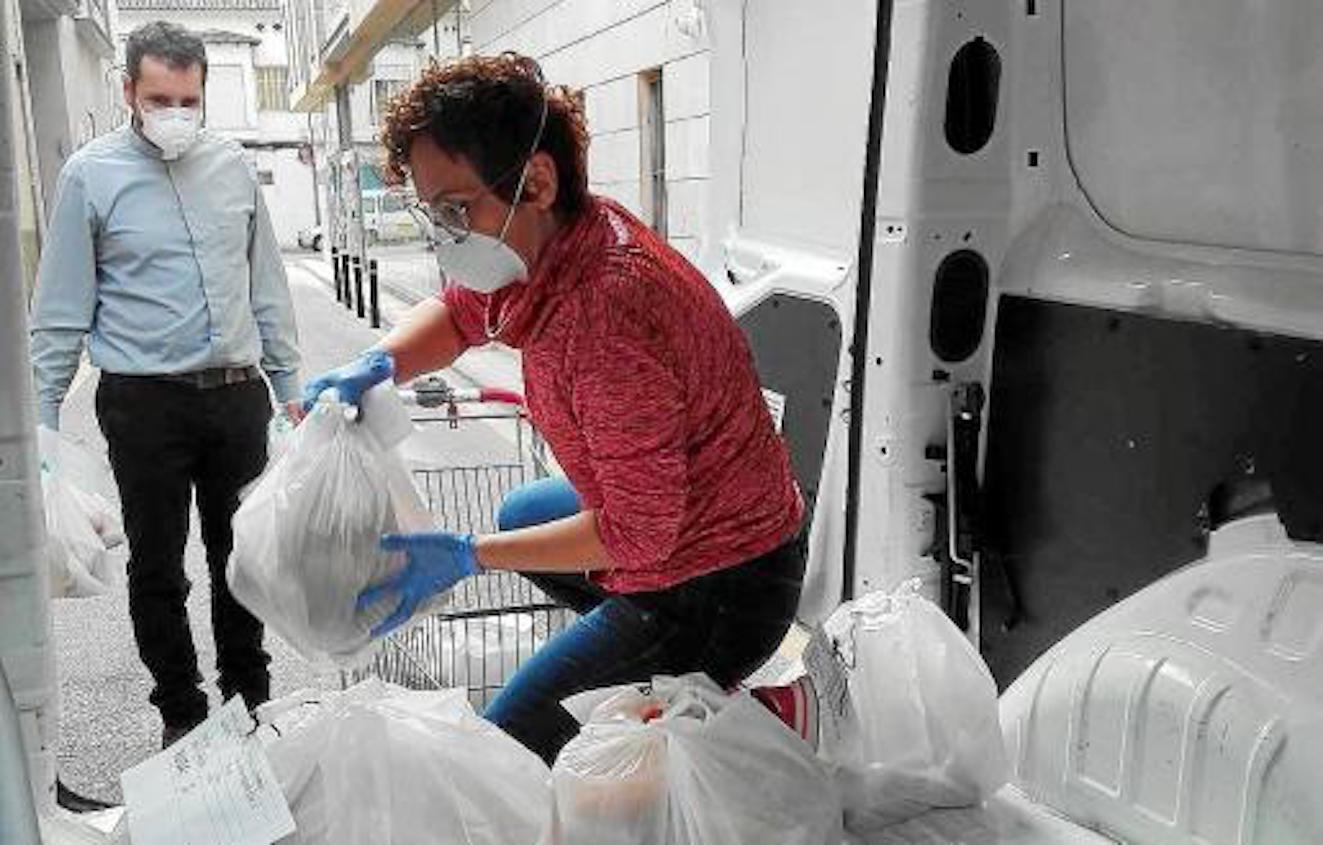The number of people at risk of poverty in the Balearic Islands has dropped to its lowest level in a decade, according to the Living Conditions Survey published by the National Statistics Institute.
In 2019, 12% of the population was at risk of poverty, compared to the national average of 20.7%, which the INE says reflects the social and economic recovery in the Balearic Islands after the 2008 crisis. In 2010, 22.7% of the population of the Balearic Islands was at risk of poverty.
The INE survey also reveals that 2 out of every 10 residents of the Islands found it difficult to make ends meet last year, 33% had some difficulty and 47.3% had no problems.
That trend is likely to change in 2020 as a result of the coronavirus crisis and the Balearic Islands is predicted to be one of the last to reactivate its economy due to its dependence on Tourism, according to Experts and the Government.
The Balearic Islands will close 2020 with a historical fall in Gross Domestic Product, or GDP and unemployment doubled in May and June compared to the same period last year.
More than 150,000 people have been affected by a temporary employment regulation file or ERTE, which has guaranteed an income for a good part of the Balearic labour force for a few months.
Income
The average household income in the Balearic Islands last year was 32,179 euros, putting it in fifth place, after the Basque Country, Madrid, Navarre and Catalonia and the average income nationwide in 2019 was 29,132 euros, according to the INE.
In 2008, just before the previous economic crisis began, the average annual household income in the Balearic Islands was 28,981 euros and it dropped to its lowest level of 26,307 euros per year in 2013.


No comments
To be able to write a comment, you have to be registered and logged in
Currently there are no comments.